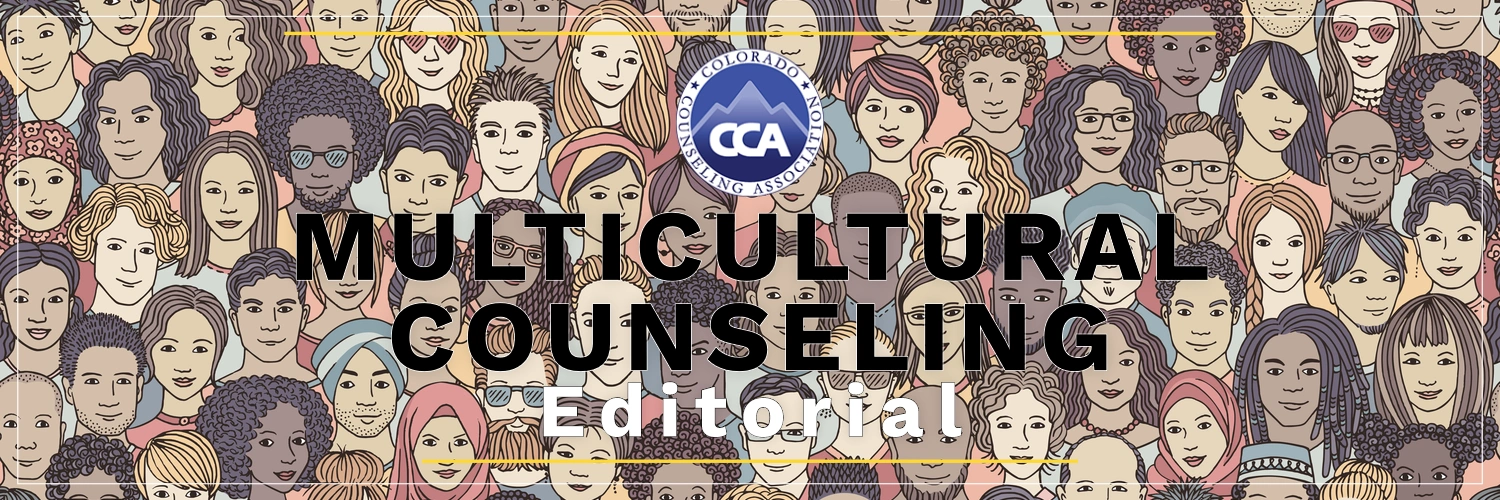
Decoding the “Decolonization” of Mental Health
One of the latest buzzwords in the realm of “Multicultural Counseling,” is that of “Decolonizing Mental Healthcare.” Because conversations around “multicultural” or “pluralism” in general continue to, at times, be contentious, a term like “Decolonization” becomes a loaded one. To discuss what the decolonization of mental health is, or might be, is a conversation that, if not avoided completely, seems to set a certain amount of eyes rolling. However, if we re-frame the discussion as simply understanding the history of Anglo-American and Western European conceptualizations of mental health and mental illness, and how those conceptualizations are limited and limiting for practitioners, we can hope to facilitate more open-minded and curious discussion.
To “Decolonize” mental health is first and foremost recognizing the history of the concept of mental illness and the treatment thereof has primarily been a conversation initiated and facilitated by a conspicuously narrow group of human beings. In her book, Mind Fixers, Anne Harrington explores the history of the search for a “medical,” or “biological” explanation for mental illness–the assumption of which now guides most forms of mental health treatment in “the west.” But in her studies, Harrington finds that no such primary organic cause has been found for any mental illness, probably because there are sociological, cultural or anthropological components of mental illness that biology simply cannot single-handedly account for. While not ostensibly a book about multiculturalism in mental healthcare, it’s easy to note that throughout the evolution of the very concept and treatment of mental illness, the discourse is guided and determined overwhelmingly by wealthy, well-educated, heterosexual, cisgendered, White males from the United States and Western Europe, with little to no consideration for varying viewpoints, even to the present day. (NB that one of the most fascinating sections of Harrington’s is when she describes the series of events that eventually led to Homosexuality being removed from the list of mental health disorders classified in the 1974 printings of the DSM-III. The catalyst for the change was an anonymous member of the American Psychiatry Association acknowledging his own homosexuality, and insisting he was not the only member of the APA who was homosexual.
A more direct look at the limited and limiting constructs of mental illness and its treatment in the United States, is Crazy Like Us, in which journalist Ethan Watters travels the globe in an effort to explore how American concepts of mental illness have clashed with those of other cultures and societies. He explores how the American conceptualization of PTSD, Depression, Psychosis and Anorexia have often caused more harm than good in cultures that already have their own methods of labeling and treating these maladies.
Again, the takeaway from such works and ideas is not that our definitions of mental illness and treatments for it are “wrong.” “Decolonization” merely reminds us that they are incomplete, and therefore, often not as effective as they can be. It would seem to behoove mental healthcare practitioners to recognize our own biases and assumptions, so we can minimize the disruption they may have in treatment of clients from various other cultural backgrounds.
References
Harrington, A. (2020). Mind Fixers: Psychiatry’s Troubled Search for the Biology of Mental Illness (Reprint ed.). W. W. Norton & Company.
Watters, E. (2022). Crazy Like Us. Robinson Publishing.
